“We’ll split the bill and both pay by card,” our friend throws her debit card on the table.
“They don’t take cards here, only cash.”
“But I don’t carry cash.”
It’s a snippet of a conversation we had in a restaurant in Portugal recently which reminded me of another conversation we had on a flight from Frankfurt a few weeks previously. Which in turn highlighted how we might be part of a European Union, but individual countries within the EU retain their own way of doing things across many aspects of life. One which is especially noticeable to visitors is when it comes to the question of paying with cash or card.
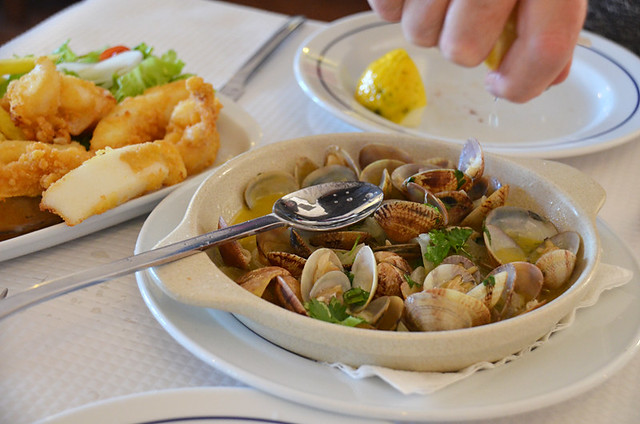
The conversation on the Frankfurt flight was with a Swedish traveller who was ostensibly living off grid. Whenever he returned to Sweden he said was finding it increasingly difficult as it was becoming more and more of a cashless society. He told us he even had problems catching a bus as money had been banned on buses in Sweden a few years ago.
Living outside of Britain for a decade and a half we’re still used to paying both by card or by cash, depending on the situation – there are still plenty of places where you can forget flashing your card. Whenever we return to Britain, especially to cities, it’s a bit like taking a step into the future. We watch in amazement as people pay for little things like a coffee, or a pint of beer with contactless cards. This just wouldn’t happen where we’re based in Portugal.
The gulf between EU countries when it comes to how to pay for simple things is an enormous chasm, and one which can be illuminating.
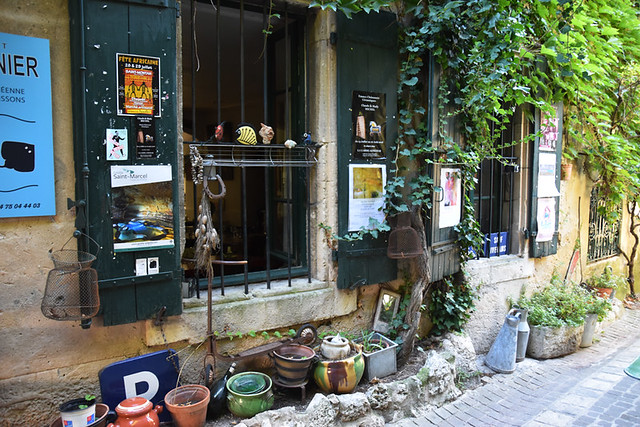
A few years ago in a supermarket outside of Foralquier in Provence I nudged Andy when I saw how the person in front was spaying for the goods they’d purchased. They were slowly writing out a cheque.
“I haven’t seen anyone use one of those in over a decade,” I laughed.
Next time we were in a supermarket it happened again, and then again, and again. At that point the penny dropped. Cheques were still in vogue in France. During our most recent visit to Provence I spotted a sign on a restaurant which said ‘no credit cards, cash or cheques only.’

In Portugal, like Spain, some places only accept cash, some accept cards as well. But there can be a twist. Some of the establishments which accept cards only accept those from a Portuguese bank. I first discovered this in a Vodafone shop whilst trying to top up a portable hotspot. They didn’t accept foreign bank cards, and that’s an international brand. A restaurant we love, The Old House at Parque Das Nacoes, was regularly criticised on Tripadvisor because visiting diners were regularly ‘caught out’ as the restaurant only accepted cash or Portuguese cards. It’s not exactly what you’d call budget eats either so even when people did have some cash on them, it might not have been enough to pay the bill. On our last visit they told us they’d finally gone international.
Even in countries where cash is still king practices can be very, very different.
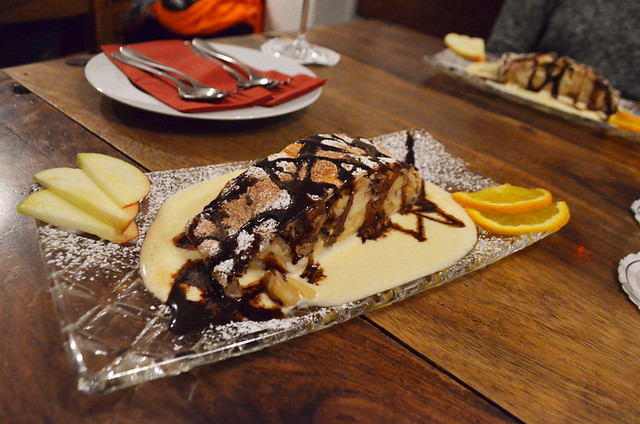
Germany being mostly a cash society initially came as a huge surprise. We caused a cashier in Bavaria to have a complete meltdown by trying to pay for our shopping using a bank card. It was for €70 worth of food, yet when we handed over the card the cashier looked at it with unmitigated horror. She had a card machine but had no idea how to use it; all around us other shoppers were handing over wads of notes to pay for their purchases. She actually ended up with her head in her hands and had to call for assistance from a supervisor. After that we made sure we had plenty of ‘real’ money. In some cases we were able to use cards but mostly we paid cash in restaurants, even in cities like Freiburg. Without exception, whenever visiting Germany we are given receipts without hesitation.
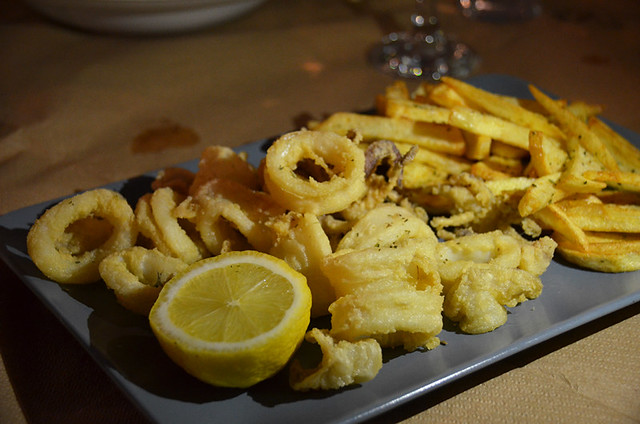
Which brings me to Greece, another country where cash rules supreme, but not quite in the same fashion. I mentioned receipts for a reason. When we’re working we need them. On Crete a couple of years ago this occasionally proved a contentious point. In some restaurants we had to pay by cash because ‘the card machine didn’t start working until May’ – the official start of the season (we visited in April). Asking for receipts often led to a heated debate. In one case, the owner of the poshest taxi I’ve ever been in simply refused to give us a receipt. When we stood our ground, he ripped a piece of paper from his car – a receipt for a far lesser amount from a previous journey – and threw it at us in a temper. Similar happened in a couple of supermarkets, more than once we were reluctantly handed someone else’s receipt (always for a lesser amount) when we insisted on having one. Having visited Greece many times in the past it wasn’t something we’d been particularly aware of before. But this had been the first time we needed proof of purchases. By contrast, on the island of Andros, not far from Athens, getting a receipt was never an issue. Why there should be such differences between the two islands who knows?
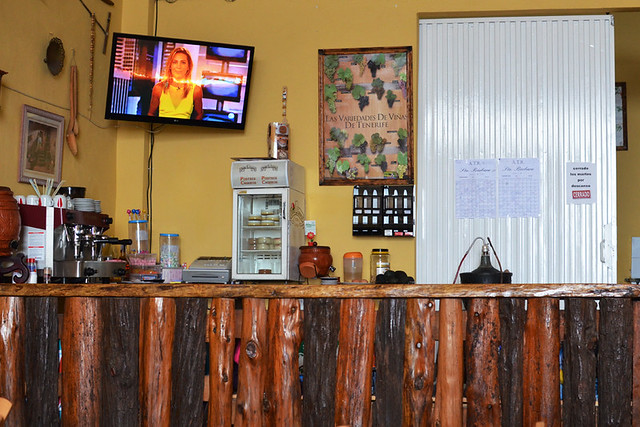
It’s fascinating that on the northern fringes of Europe there exists an almost cashless society whilst on its southern flank there can be more of what’s basically bordering on a money under the mattress approach.
Apart from bartering for receipts in some locations, we don’t have a problem when visiting European countries. Knowing there can be varying cultural practices, we’re prepared for both cash and card societies. The exception is moving from the north of Britain to the south and trying to use Scottish banknotes in England. But that’s a rant topic for another day.




Be the first to comment